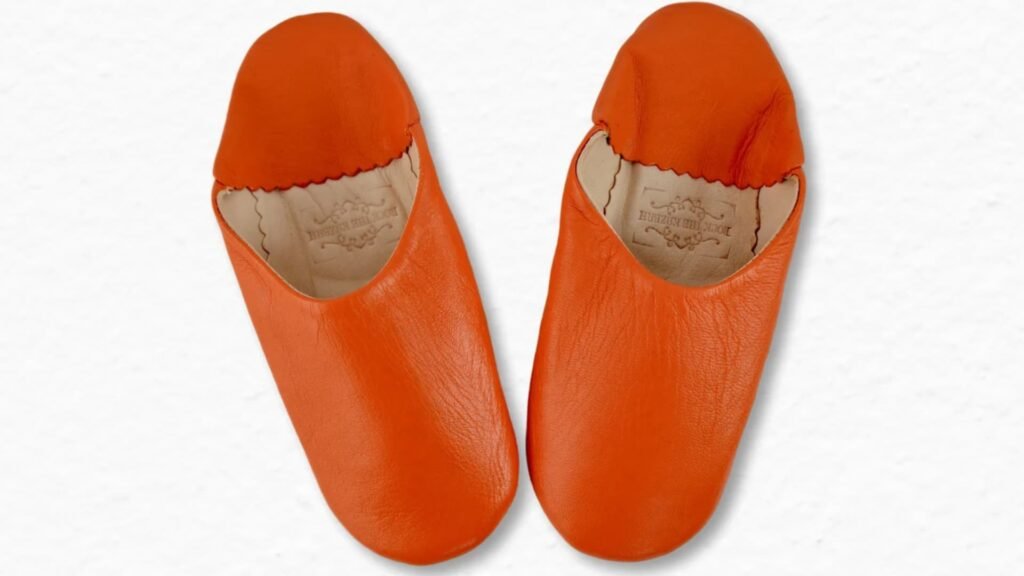Designer shoes have become a cornerstone of modern fashion. From luxury brands like Gucci and Christian Louboutin to avant-garde designers such as Balenciaga and Rick Owens, these meticulously crafted pieces play a pivotal role in shaping everyday fashion.
The Power of Design Innovation
At the heart of designer shoes’ influence lies their ability to push boundaries in creativity and craftsmanship. Christian Louboutin, with its unmistakable red soles, and Balenciaga, known for bold and chunky silhouettes, don’t just create footwear—they create cultural artifacts.
These designs often debut on the runway, where they set the aesthetic agenda for the fashion world. For instance, when Gucci reintroduced its horsebit loafers or when Yves Saint Laurent popularized the Tribute sandal, these pieces didn’t remain confined to haute couture.
They trickled down to influence mass-market retailers like Zara, H&M, and Steve Madden.
This “trickle-down effect” is a key mechanism through which designer shoes shape everyday fashion. High-end brands experiment with materials, colors, and silhouettes. Platform heels eventually inspire fast-fashion brands to produce affordable versions.
The resurgence of Mary Janes, spurred by Prada’s sleek satin iterations, led to a boom in similar styles across department stores and online retailers. By the time these trends reach the average consumer, they’ve been adapted into wearable, practical forms to make avant-garde design accessible to the masses.
Another way designer shoes influence everyday fashion is through branding. Luxury footwear comes with recognizable logos, distinctive silhouettes, and signature details. For many consumers, owning a pair of designer shoes is about functionality and belonging to a certain lifestyle.
Casual wear has been elevated by the inclusion of designer sneakers. Adidas, Nike, and Louis Vuitton have blurred the lines between streetwear and high fashion. Their shoes allow individuals to incorporate luxury into their everyday wardrobes.
As a result, designer shoes have democratized access to high-end fashion. The brands make it more accessible and aspirational for the masses.
The Psychological Impact of Designer Shoes
Designer shoes are statements of identity. In everyday fashion, they serve as a subtle signal of wealth, taste, and belonging to a particular subculture. Take the rise of luxury sneakers. Off-White, Louis Vuitton, and Dior have transformed what was once casual athletic wear into a status symbol.
Designer shoes elevate an otherwise ordinary outfit, giving wearers a sense of confidence. Psychologically, this aligns with the “enclothed cognition” theory, which suggests that what we wear affects how we feel and behave.
Psychological boost comes from wearing aesthetically pleasing shoes. Designer footwear evokes feelings of confidence, and pride. The right shoes can shape how we carry ourselves and interact with the world. A pair of Manolo Blahnik heels or chunky Balenciaga Triple S sneakers doesn’t just complete a look—it transforms the wearer’s posture, stride, and self-perception.
Moreover, shoes serve as extensions of personal identity. Someone might choose minimalist loafers to convey professionalism, vibrant platforms to showcase creativity, and rugged boots to emphasize resilience.
In this way, designer shoes act as vehicles for storytelling. These shoes allow individuals to communicate who they are—or aspire to be—without saying a word.
Designer shoes possess an unparalleled ability to transform the simplest outfits. A plain white T-shirt and jeans instantly feel chic when paired with a sleek pair of loafers from Salvatore Ferragamo or chunky sneakers from Balenciaga. This versatility makes designer shoes indispensable tools for self-expression.
For instance: classic pumps from Manolo Blahnik and Jimmy Choo add elegance to professional attire. This can turn your office wear into power dressing. Combat boots from Saint Laurent and thigh-high designs from Fendi bring drama to casual ensembles. High-end athletic shoes bridge the gap between sporty and stylish.
The Power of Designer Shoes in Fashion
Designer shoes, crafted by luxury brands such as Christian Louboutin, Gucci, Prada, and Jimmy Choo, hold immense influence in the fashion world. These brands set trends that dictate the direction of footwear styles across the industry. The significance of designer shoes extends beyond their price tag.
Bold patterns, unique silhouettes, and unconventional materials used in designer footwear inspire high-street fashion brands to create affordable versions. For example, Balenciaga’s chunky sneakers popularized the “dad sneaker” trend, which soon became a staple in everyday casual wear.
Many celebrities, influencers, and fashion-forward individuals incorporate luxury footwear into their daily outfits. Their efforts make high-end shoe designs a key element in casual and athleisure wear.
The resurgence of platform heels and sleek minimalist loafers originate from designer collections showcased by influencers. This exposure quickly translates into demand for similar styles in mainstream markets.
Luxury brands frequently collaborate with accessible brands. This helps to bring high-fashion footwear to the general public. Collaborations like Nike and Off-White, Adidas and Prada, and Jimmy Choo and Timberland have made designer shoe affordable. This helps bridging the gap between exclusivity and everyday wear.
Designers are not merely creators. They are trendsetters. They dictate what becomes fashionable each season. Runway shows and celebrity endorsements introduce new styles that trickle down into mainstream fashion.
Chunky dad sneakers became ubiquitous after Balenciaga popularized them. Minimalist sandals gained traction thanks to The Row and Jacquemus. Platform heels made a comeback largely due to influential collections from Prada and Versace.
These trends then inspire fast-fashion retailers to produce affordable versions. However, nothing quite compares to the craftsmanship and innovation found in original designer pieces, which continue to lead the charge in setting global standards.
Designer shoes occupy a unique space at the intersection of art, commerce, and culture. They influence everyday fashion by redefining luxury, setting trends, promoting sustainability. They empower individuals to express themselves authentically. While some may view them as indulgent purchases, their impact goes far beyond material value. They shape how we see ourselves and how others perceive us.




